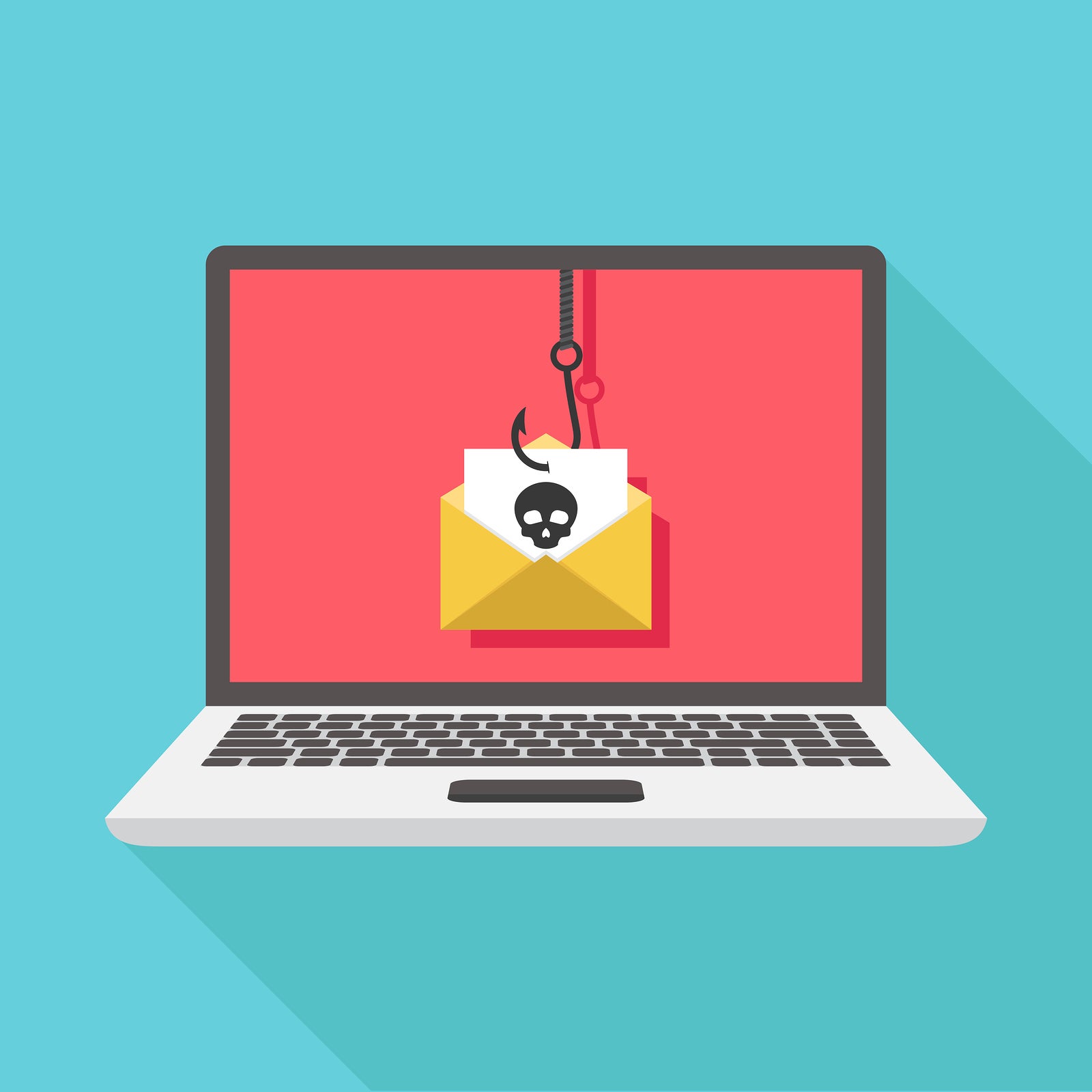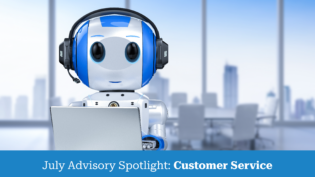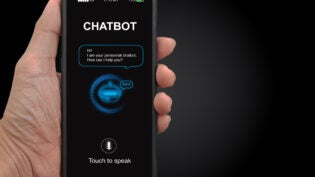
The coronavirus has caused a lot of pain and a lot of frustration in a lot of different walks of life. One of the most common changes a lot of people had to adjust to was working from home, and with that, businesses needed to ensure their cybersecurity is up to snuff for employees working abroad. A lot of small companies had no real reasons to every worry about cybersecurity before, and many employees only ever used their computers on the office network, so they too were a bit blind to security challenges and threats they needed to be aware of.
A silver lining for many companies is that they are finding out many employees work well from home, and it has a lot of financial benefits as well. If planning to go fully remote, there are a lot of freshly trained professionals in the field, and there has also been a recent uptick with more women in cybersecurity. As many businesses move more towards remote working, here are 5 cybersecurity measures to make sure your business takes.
Are You a Robot?
Many of us have encountered login security measure on other websites that ask, “Are you a robot?” Though also pretty funny to answer, that question and answer is simply a means of multi-factor authentication, used to deter hackers and minimize other automated security threats. Passwords and PIN numbers to access a network are successful means, but even fingerprint recognition can be done from most personal computers now, so if it’s in the cards it’s definitely worth adding to protect your company.
Phishing
Phishing is a very “old school” way of cyber attacking, but if your company is new to the remote work world, it’s best to start at the ground floor. Ensure all of your employees know how to identify phishing emails, and, in turn, report and delete them. Many begin with generic greetings like, “Good Morning, sir/maa’m” and they often are riddled with grammatical errors and words like “urgent” and “act now.”
Keeping up on employee training regarding what to not open when it comes to emails will keep avoidance fresh in their minds.
Wi-fi Practices
Moving to a remote set up for your business means lots and lots of home networks (and probably some public ones for the more adventurous employees) and ensuring your staff knows how to change their wi-fi passwords and does so frequently is very important. Home routers’ default passwords are very easy for hackers to access, so if you have folks working from home right now, you might want to send an email on how to change a password. Encouraging your employees to avoid public networks is also good practice, but difficult to enforce.
VPN
Virtual Private Networks (VPNs) are secure networks originally created for this very purpose of remote work. VPNs allow company employees to access internal material off of a company server that wouldn’t otherwise be accessible from afar. Essentially, a VPN creates a secure work network that just happens to be accessible from anywhere, not just your cubicle.
Data Backup
Ransom is a real thing on the internet, and though it doesn’t involve a beautiful princess, it can be every bit as stressful for business owners when they wind up having their information stolen and held by hackers with a price tag on the very information you and your employees worked hard for. Frequent (even to the minute) data backup is a tried-and-true method of saving companies serious time an money. The list of examples could be its own 30 page report, but sticking with the ransom example, if you have that stolen information backed up, you’ll still have a PR issue, but you won’t need to redo all of the work, nor pay the high ransom.
Train Often
Most of what was mentioned in this article should be shared frequently with everyone who works remotely for your business. As often as cybersecurity breaches do happen, it’s still easy to get lackadaisical, so lead by example and preach security on a weekly, or even daily basis to your employees.
2249 Views














